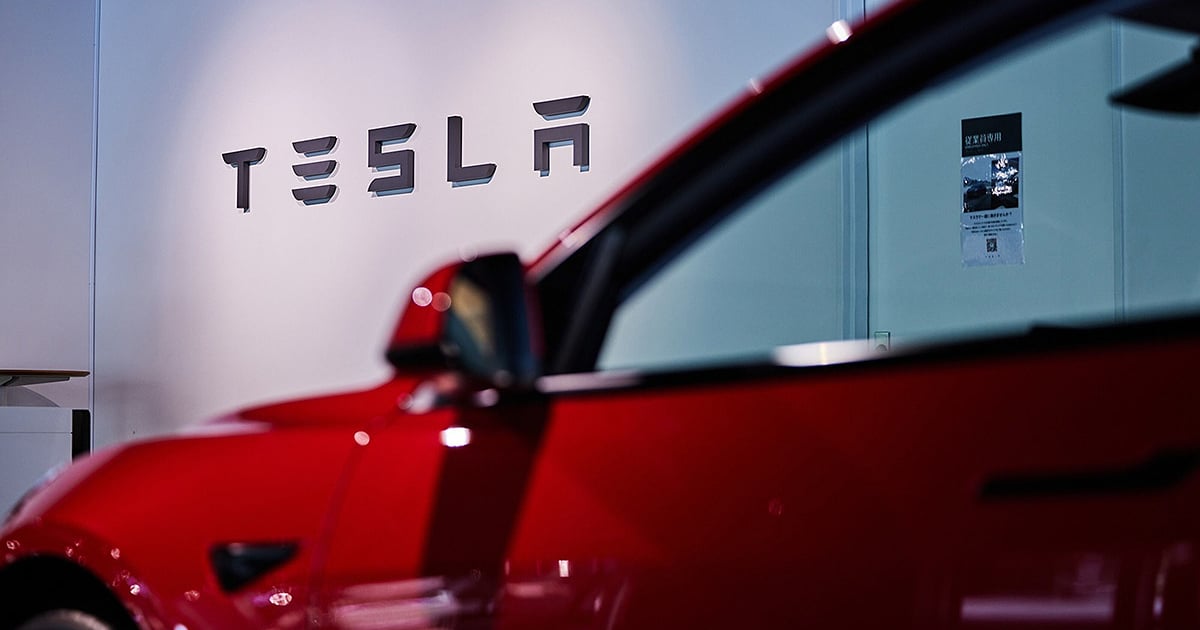
A Tesla Inc. plan to purchase hard-to-get construction materials is being investigated by U.S. prosecutors, who are looking at whether the project was an appropriate use of company funds, Bloomberg reported.
Federal prosecutors also are looking into Tesla performance claims after Reuters reported the EV maker exaggerated the potential driving distance of its vehicles, The Wall Street Journal reported on Wednesday.
In the purchasing investigation, the U.S. Attorney’s Office in New York has sent subpoenas to a number of current and former employees at the EV maker in recent weeks seeking information related to the materials, according to people familiar with the probe.
The requests for information focus on correspondence with Omead Afshar, a key lieutenant to CEO Elon Musk and the individual at the center of an internal Tesla probe into the issue, said the people, who asked not to be identified because the matter is private.
Prosecutors are reviewing a 2022 purchase order for construction material that was identified as suspicious by company officials. The order, for a special kind of glass, was flagged to Tesla’s finance and internal audit groups earlier last year.
Afshar, who Bloomberg reported later took on a role at Musk’s SpaceX, couldn’t be reached to comment.
In the range claim investigation, Reuters reported in July that Tesla cars often fail to achieve their advertised range estimates and projections reported by the cars’ own equipment, citing experts who tested or studied them. The company wrote algorithms about a decade ago to create “rosy” in-dash driving range estimates, Reuters reported a source as saying, and set up a “Diversion Team” to cancel range-related service appointments.
The automaker based in Austin, Texas, deployed the team because its service centers were inundated with appointments from owners who had expected better performance based on the company’s advertised estimates and the projections displayed by the in-dash range meters of the cars themselves, according to several people familiar with the matter.
Tesla faces many probes, including federal auto safety regulators looking at its Autopilot driver assistance product.
The U.S. Attorney’s Office in Manhattan also is investigating Tesla’s use of company funds on a secret project described internally as a house for Musk, the Journal reported Wednesday, citing people familiar with the matter. A spokesperson for the federal prosecutors’ office declined to comment on the Journal report on the probes.
Musk did not immediately respond to requests for comment.
No dollar figures were disclosed regarding the probe of the house, which the newspaper said was near Austin.
The Journal reported in July that Tesla board members had investigated whether company resources were misused on the effort.
The U.S. Securities and Exchange Commission has also opened a civil probe, the Journal reported. An SEC spokesperson said the agency does not comment on the existence or nonexistence of a possible investigation.
The probes are in their early stages and may not lead to charges, the Journal said.
Prosecutors focused on the house project were seeking information about personal benefits to Musk, the world’s richest man, as well as how much Tesla spent on the project and what it was for, the Journal reported.
Requests for information from U.S. prosecutors don’t necessarily mean that criminal or civil proceedings will be filed as law enforcement agencies often open inquiries that don’t lead to actions.
In the purchasing case, some of the current and former Tesla employees who have received the subpoenas have been asked to testify in a New York court next month.
The requests also ask for correspondence to and from Musk, one of the people said. Musk was not directly involved in the procurement order, a source told Bloomberg.
Prosecutors also sought correspondence related to Soufiane Halily, a former director at Tesla for factory engineering, construction and program management at the company’s Austin plant, according to one of the people.
Reuters and Bloomberg contributed to this report.